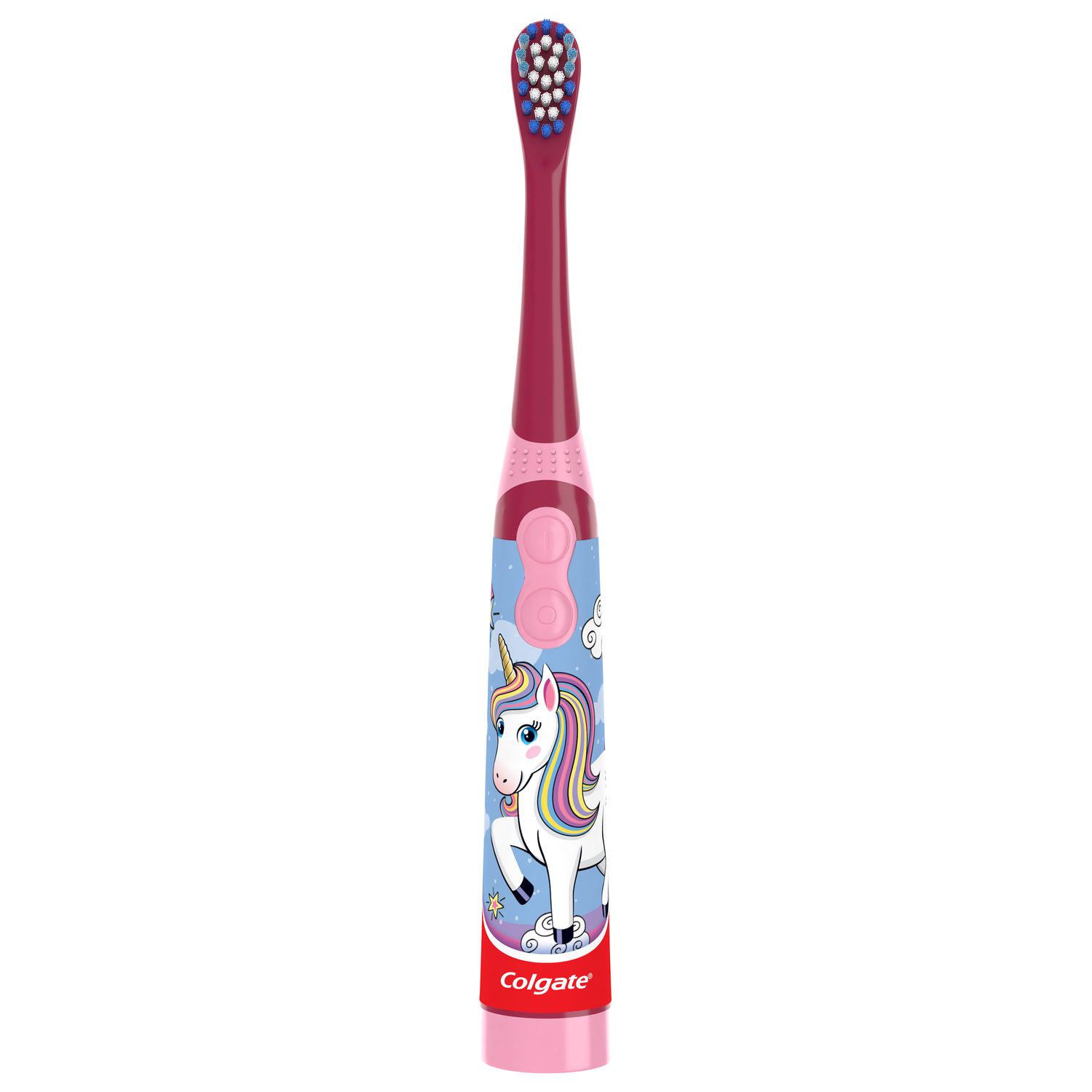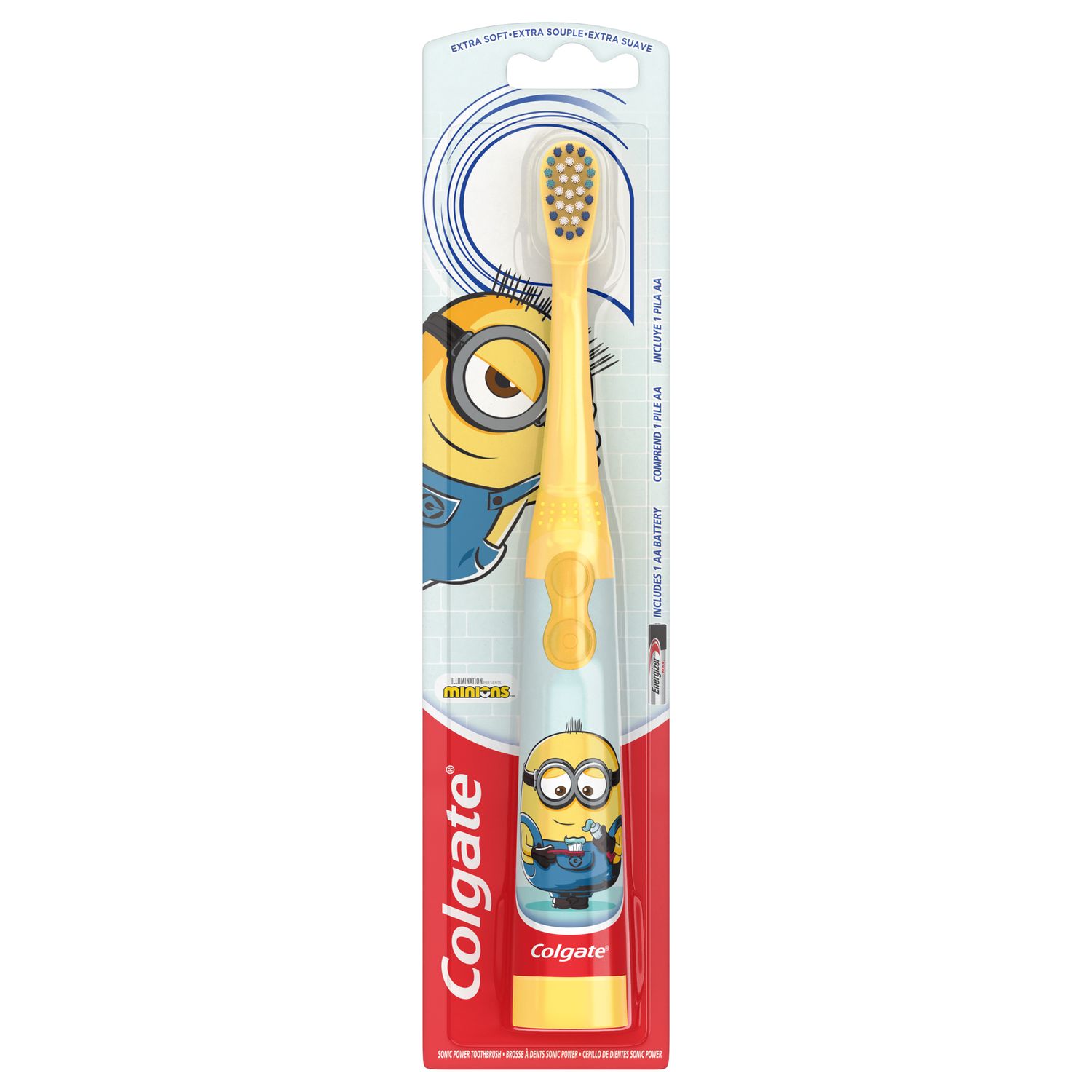Implications
The American Academy of Pediatrics considers early childhood caries to be the number one chronic disease affecting young children. Dental caries in infants or early childhood caries is often referred to as baby bottle tooth decay. The decay may be so severe that the affected tooth may need extraction. When primary teeth are lost too early, the surrounding teeth may drift into the empty space. This movement makes it difficult for the permanent teeth to have proper room for eruption, causing these teeth to be crooked or crowded.
Role of Bacteria
Dental caries is preventable. The American Dental Association recommends that parents take their children to a dentist within six months after the first tooth appears, but no later than the child's first birthday. Cavity-causing bacteria can be transmitted from a caregiver to an infant, so parents should also visit their dentist to help ensure their own oral health. Caregivers should refrain from cleaning the infant's pacifier with their mouth or sharing eating utensils with the infant.
Oral Hygiene Home Care
Parents may begin cleaning their infant's mouth during the first few days of birth by wiping the gums with a clean, moist gauze pad or washcloth. When teeth begin to erupt into the oral cavity, the parent may gently brush the infant's teeth twice a day with a child-size toothbrush and water. A pea-sized amount of fluoride toothpaste may be added for children older than 2 years old, and the child must be able to spit out the toothpaste. Flossing should begin once two teeth come in contact.
Parents should care for their child's teeth until they feel comfortable that the child is able to care for his or her own teeth. Starting children early with good oral hygiene can lead to a lifetime of good dental health.
Fluoride
An inadequate amount of fluoride may increase an infant's risk for early childhood caries. Fluoride strengthens the enamel of teeth, making them more resistant to decay. It is found in toothpaste, mouth rinses and often added to community tap water. Bottled water may not contain fluoride. Parents should discuss with a dentist or pediatrician the fluoride needs of their child. Fluoride supplementation may be recommended.
Nutrition
Dietary factors contributing to dental caries in infants has been considered by both the American Academy of Pediatrics and the American Dental Association. Increased risk for dental caries has been affirmed to be associated with an excessive intake of sugar by an expert panel of the World Health Organization.
Nutritional recommendations for infants include:
- Providing the infant only formula, milk or breast milk in bottles. Liquids such as sugar water, juice or soft drinks should be avoided.
- Infants should also finish their bedtime and nap time bottles before going to bed.
- A pacifier should never be dipped in sugar or honey.
- The child should be encouraged to drink from a cup by his first birthday.
- During the transition to solid foods, parents should provide nutritious foods.
Following these recommendations will reduce the amount of sugar exposure to the infant's teeth.
When an infant's first tooth appears, parents should discuss with their dentist about scheduling the first dental visit. Parents should treat the first dental visit as they would a checkup with the infant's physician. Once there, the dental team will be able to provide proper guidance on how to care for the infant's teeth.
FAQ
What are dental caries, and why are they a concern for infants?
Dental caries is the medical term for cavities. They are a concern for infants because early cavities can lead to infection and early tooth loss which can negatively impact permanent teeth placement.
When do dental caries typically develop in infants?
Dental caries can develop as young as 6 months or when the first teeth erupt. The enamel of baby teeth is thinner than permanent teeth and makes it easier for the acid to harm the teeth and cause cavities.
How can I prevent dental caries in my infant?
Wipe your baby’s gums after feeding. Once teeth erupt, brush your child’s teeth between feedings with a smear of fluoride toothpaste and a soft bristled toothbrush. Also avoid putting baby to bed with a bottle of milk, breast milk or juice as it can cause baby bottle tooth decay.
What are the implications of dental caries for infant oral health?
Baby teeth act as place holders for adult teeth so if they are lost too early due to cavities, this could cause permanent teeth to be crooked. Early childhood caries can also lead to a higher risk of cavities later in life.
How can I recognize the signs of dental caries in my infant?
The upper front teeth and first molars show the first signs of decay in most cases. White spots appear on the teeth and may turn brown or form holes as decay worsens.
Can breastfeeding contribute to dental caries in infants?
Breastmilk like formula still contains sugars. Breastfeeding may contribute to dental caries if you allow your child to soothe themselves to sleep. Try not to use breastfeeding as a pacifier to avoid the same risks of baby bottle tooth decay.
Are there any specific dietary recommendations to prevent dental caries in infants?
Try to wean your baby off the bottle by 12 months and transition them to a sippy cup. Avoid giving infants sugary drinks and juice instead of water or adding honey to a pacifier. Avoid giving gummy snacks and foods that can stick and stay on teeth for a long time.
Oral Care Center articles are reviewed by an oral health medical professional. This information is for educational purposes only. This content is not intended to be a substitute for professional medical advice, diagnosis or treatment. Always seek the advice of your dentist, physician or other qualified healthcare provider.
ORAL HEALTH QUIZ
What's behind your smile?
Take our Oral Health assessment to get the most from your oral care routine
ORAL HEALTH QUIZ
What's behind your smile?
Take our Oral Health assessment to get the most from your oral care routine















